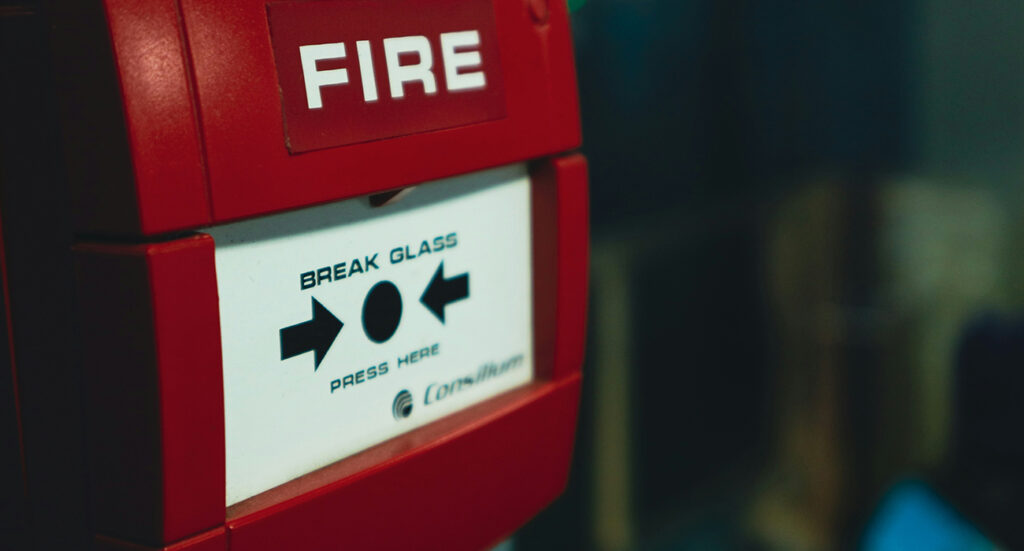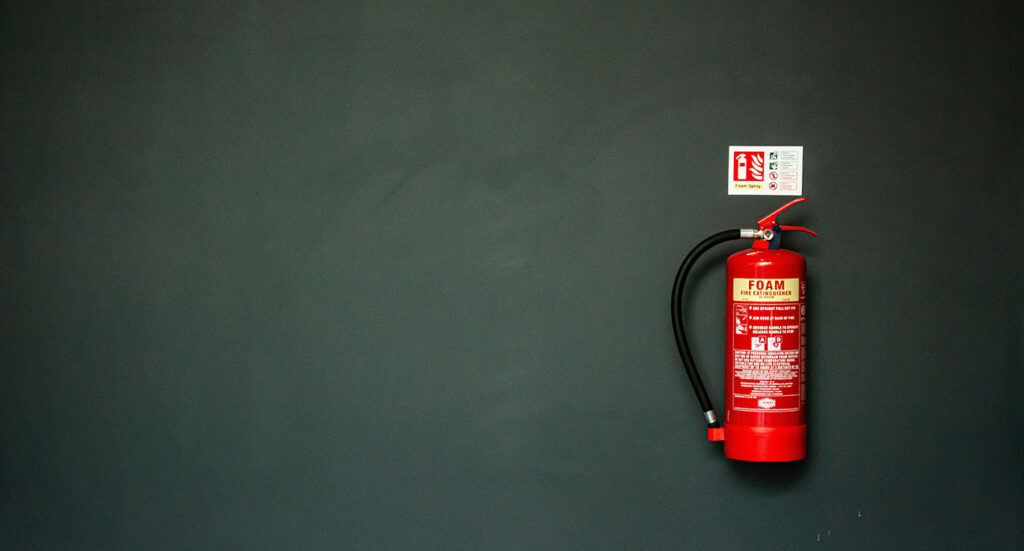What the New BS 8674:2025 Standard Means for Landlords and Businesses
Fire safety has been under the spotlight like never before in the UK. Following the Grenfell Tower tragedy, the importance of robust fire risk assessments (FRAs) has been reinforced through new legislation, regulatory change, and updated industry standards. One of the most significant recent developments is the publication of BS 8674:2025, which for the first time sets out a clear framework for the competence of individual fire risk assessors.
For landlords, property managers, and business owners, this matters greatly. Not all fire risk assessors are equally qualified—and if the wrong assessor is chosen, the consequences can be serious: invalid insurance, enforcement action, and most importantly, increased risk to life. This article explains what BS 8674:2025 is, why it matters, and how you can use it to make sure you’re appointing the right professional for your premises.
What is BS 8674:2025?
BS 8674:2025 is a new British Standard that provides a competence framework for fire risk assessors. While other standards and guidance documents (such as PAS 79-1 and BS 9792) set out how to carry out a fire risk assessment, this standard is about who is competent to do it.
The standard recognises that fire risk assessment is not a “one size fits all” activity. Different types of buildings carry different levels of complexity and risk, so assessors must be competent at an appropriate level.
The standard establishes three tiers of competence:
- Foundation level – Assessors capable of handling simple, low-risk premises, such as small shops, small offices, or simple single-use buildings.
- Intermediate level – Assessors able to deal with more complex premises, such as multi-occupied workplaces, blocks of flats without high-risk features, or larger public venues.
- Advanced level – Assessors with the skills and experience to handle high-risk or complex premises, such as large residential buildings, specialist housing, or workplaces with unusual hazards.
Each level requires increasing knowledge, skills, and experience—not just in fire safety but also in communication, ethics, and professional behaviour.

Why competence matters
Under UK fire safety law (the Regulatory Reform Fire Safety Order 2005 in England and Wales, with similar legislation in Scotland and Northern Ireland), dutyholders—such as landlords, building owners, and employers—must ensure that a “suitable and sufficient” fire risk assessment is carried out for their premises.
The law places the responsibility squarely on the dutyholder. If you appoint an assessor who is not competent for your type of premises, you could still be held accountable for any failings. That might mean prosecution, invalidated insurance, or—in the worst cases—lives at risk.
BS 8674:2025 helps reduce that risk by providing a benchmark against which competence can be judged. It also gives you, as a client, more confidence in asking the right questions before appointing someone.
Professional integrity and ethics
One of the most striking features of the new standard is its emphasis on professional and ethical behaviour. Fire risk assessors are expected to:
- Act with integrity, honesty, and transparency.
- Avoid conflicts of interest (for example, using the FRA as a sales tool for other services).
- Provide clear, jargon-free reports that are easy for clients to understand.
- Maintain professional development and refuse work beyond their competence.
For businesses and landlords, this is a positive shift. It means you should expect not just technical expertise but also professional conduct and accountability from anyone you appoint.
What this means for businesses and property owners
The new standard has several practical implications for anyone with fire safety responsibilities:
- You must match the assessor to the building.
A Foundation-level assessor might be appropriate for a simple retail unit, but not for a complex residential block. You need to be satisfied that your assessor is competent at the right level for your premises. - Competence is more than qualifications.
The standard emphasises skills, knowledge, experience, and behaviours. A qualification alone doesn’t guarantee competence—look for evidence of practical experience, CPD, and adherence to ethical standards. - You remain responsible.
Even if you outsource the FRA, the duty to ensure it is suitable and sufficient stays with you. Appointing the wrong person is a risk you cannot transfer. - Insurers will expect compliance.
Many insurers will take comfort from BS 8674:2025 when evaluating whether you have discharged your duties properly. Appointing a competent assessor can strengthen your position in the event of a claim.

A practical checklist for choosing a fire risk assessor
If you are commissioning a fire risk assessment, here are some practical steps you can take in light of BS 8674:2025:
- Ask what competence level they operate at. Foundation, Intermediate, or Advanced—and make sure it matches your building’s risk profile.
- Request evidence of CPD and insurance. A competent assessor should be keeping up to date with changes in legislation and hold professional indemnity cover.
- Check their code of conduct. Do they follow recognised professional standards of ethics, integrity, and independence?
- Review sample reports. Look for clarity, proportionate recommendations, and practical advice—not just a cut-and-paste checklist.
- Seek references or accreditation. Are they recognised by a professional body or trade association that uses BS 8674:2025 as a benchmark?
By asking these questions, you demonstrate due diligence as a dutyholder and strengthen your compliance position.
Conclusion
Fire risk assessments are a legal requirement—but more importantly, they are a matter of life and death. With the introduction of BS 8674:2025, businesses, landlords and property managers now have a clear framework to help them appoint assessors who are competent for their type of premises.
The key message is simple: choose your assessor carefully.
The cheapest option is not always the safest, and the wrong choice could leave you exposed. By understanding the three levels of competence and checking for professional integrity, you can make better decisions, protect your people and property, and demonstrate compliance to regulators and insurers.
Next Steps
If you are unsure whether your current fire risk assessor is aligned with BS 8674:2025—or if you’d like advice on what level of assessor is right for your buildings—speak to our risk management team at Sentient. We can help you review your current arrangements and put in place assessments that give you confidence, compliance, and peace of mind.

